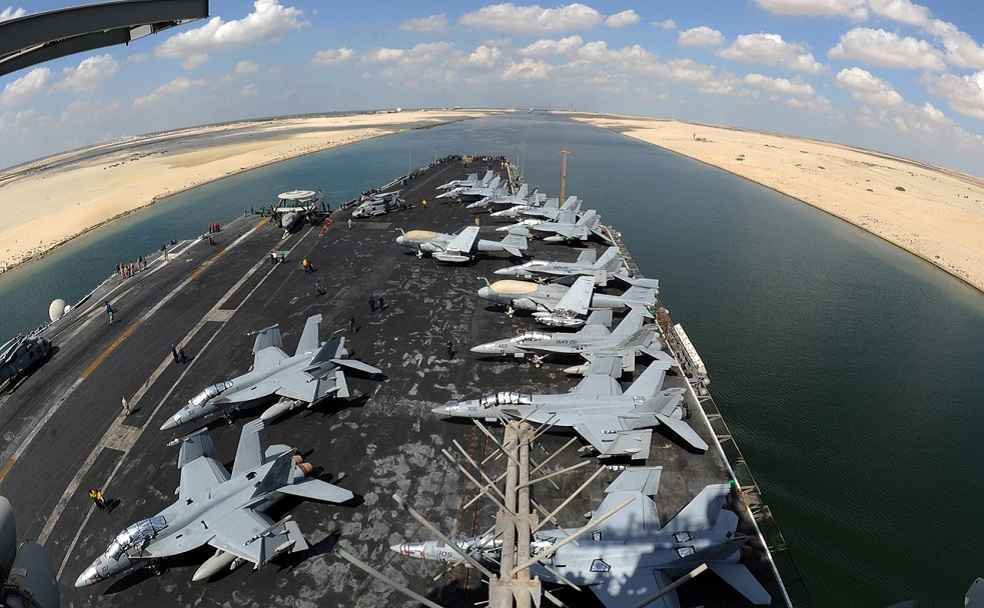The persistent Israel-Hamas conflict in the Gaza Strip is heightening anxiety regarding its plausible repercussions on global commerce. The region, pivotal for goods and energy transit, faces the risk of disrupted supply chains and escalating prices due to prolonged hostilities.
A paramount concern looming is the possible surge in oil prices. As the Middle East houses some of the globe’s preeminent oil producers and exporters, the conflict threatens to disrupt this crucial supply, potentially catapulting oil prices. Such a scenario would inadvertently fuel global inflation, hindering economic expansion.

There’s apprehension about the conflict affecting crucial shipping passages, notably the Suez Canal—a predominant conduit connecting the Mediterranean Sea to the Red Sea. Its closure would necessitate rerouting vessels around Africa, incurring heightened costs and delays, further complicating global trade dynamics.
The ongoing strife could directly impinge on Israel’s commercial exchanges. With its robust export profile in advanced sectors like semiconductors and medical apparatus, sustained conflict poses risks of production and export disruptions, casting shadows on the global economic landscape.
Major impacts
Oil prices: The Middle East is home to some of the world’s largest oil producers and exporters. A disruption in oil supplies from the region could lead to a significant increase in oil prices. According to the International Energy Agency, a 10% drop in oil production from the Middle East could lead to a 40% increase in oil prices.

Shipping routes: The Suez Canal, which connects the Mediterranean Sea to the Red Sea, is one of the world’s busiest shipping routes. A closure of the Suez Canal would force ships to take a much longer route around Africa, which would add to shipping costs and delays. According to the Suez Canal Authority, approximately 12% of global trade passes through the Suez Canal each year.
Trading partners: Israel is a major exporter of high-tech goods, such as semiconductors and medical devices. A disruption in trade between Israel and its trading partners could have a significant impact on the global high-tech sector. According to the World Trade Organization, Israel’s exports of high-tech goods totaled $100 billion in 2022.

The impact of conflict on global trade depends on its intensity and duration. If the conflict is short-lived and regional, the impact will likely be minimal. However, if the conflict becomes severe or prolonged, it could significantly influence global distribution chains and prices, causing businesses and consumers worldwide to experience its repercussions.
INSPIRING | Jack Ma: From Humble Beginnings to Billionaire Philanthropist



